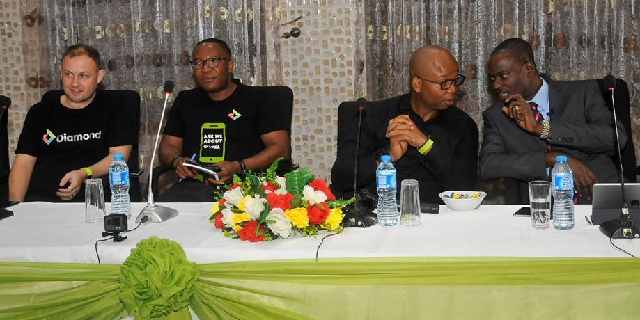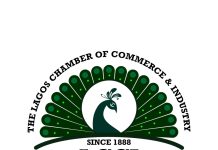Last week, one of the mid-tier lenders in Nigeria, Diamond Bank Plc, held two editions of its 64th business seminar for small and medium scale business owners within the Lagos and Ibadan metropolis.
This was in line with its commitment to fuel economic growth in the country through support for the sector of the economy.
During the seminars, which were held simultaneously, the small business owners were educated on tax affairs to give them business advantage in the competitive world of business.
Speaking at the Business Seminar held at the NECA House in Alausa, Lagos, the Chief Executive Officer, Diamond Bank Plc, Mr Uzoma Dozie, said Small Medium Enterprises (SMEs) in Nigeria have not thrived because they did not have the proper resources and good documentation of tax payments to stay afloat.
“There are businesses which are successful today but evade paying taxes to the government which is very wrong, in some cases, these companies did pay taxes but did not document it well and so they found themselves paying taxes that they were not supposed to pay so there is a need to pay taxes as these taxes paid are used to create the working business and friendly environment we crave for.”
The Ibadan edition of the 64th Diamond Business seminar which was held at the Segun Aganga Hall of the International Conference Center, University of Ibadan, was part of Diamond Bank’s effort at growing indigenous businesses for business owners who are customers of the bank to get information on how to grow their businesses and acquire the required skills that can get them funding.
While speaking on the theme for the Lagos edition of the 64th Business Seminar ‘Be the boss of your tax affairs’, Partner at PwC, West Africa, Mr Taiwo Oyedele, explained that countries where tax is paid have better governance, adding that the government needs to do more to educate the public on approved taxes meant for collection by the local or state government.
He revealed that Nigeria makes $25 billion from tax collection yearly when compared with $6 trillion the United States of America makes from tax and urged Nigerians to pay attention to tax affairs.
Speaking at the Ibadan edition of the seminar, the Area Manager of the financial institution, Adenike Ogunsugba, stated that Diamond Bank organized the seminar to satisfy the yearning of its customers, build their capacity and give them tips on how to grow their businesses, adding that it is a platform for them to dialogue with the bank and tell the bank their expectations and how also learn from experts on how to expand their business.
“This seminar is to build the capacity of our customers and teach them how to grow their business as part of fulfilling the value promises we made to you and open you up to opportunities available at the bank to help grow your business and the services you can explore for expansion.
“There are a lot of services we have that you can explore though many do not understand the advantages, one of such is the Diamond Business Advantage account which allows you to assess funding without collateral,” Ogunsugba said.
The keynote speaker in Ibadan, Preye Jimoh, the Managing Director of Dovas Spa Group and a financial expert while speaking on the topic, ‘Achieving business expansion: Relationship between accessing finance and basic book keeping’ stated that without a business plan and up to date financial records, a business owner cannot say whether he is making headway or sinking.
She concluded by saying, a business owner without financial records can be likened to an individual driving with a blindfold on. “Without a financial record, you will not know if you are making profit or not. Income is different from profit and the only way you know if your business is making profit is through financial records.
“You also need to keep proceeds in a bank, let there be a trail so that you make the work of your auditor easier. These records will help with financing because a business without proper book keeping cannot access loans.
“There are 37 million small and medium scale businesses in Nigeria and they contribute 48 percent of the gross domestic product,” she said.













